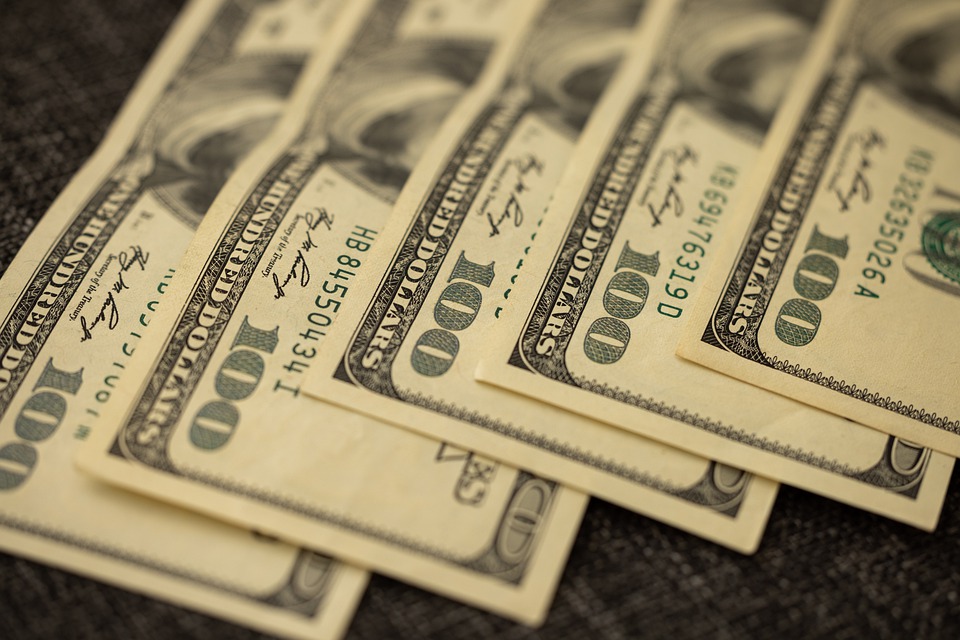
10 Jun I’m selling my house. Where should I put the money from the sale?
Photo: pixabay.comQ. I currently have my house on the market after 45 years living there. It is our first home and valued at less than $500,000. I understand that I am not subject to any capital tax as it was our first house purchase. Where can I put the proceeds of the sale where I would not be taxed when withdrawing some or all of the money? We’re not sure if we will buy another home.
— Homeowner, for now
A. This is still a great time to be selling a home.
If you purchased 45 years ago, you paid a much lower amount than $500,000, so you are probably looking at a capital gain.
When calculating the gain on property, you would take the sales price, minus the original purchase price and cost of improvements over the years, said Joseph Sarnecki, a certified financial planner with U.S. Financial Services in Fairfield.
He offered this example: If you paid $50,000 and put $100,000 into the house over the years, your cost basis would be $150,000. The $500,000 sales price minus the $150,000 cost basis would result in a $350,000 long-term capital gain.
For tax purposes, as this has been your primary residence, you qualify for the capital gain home exclusion, Sarnecki said.
To be eligible, you must have lived in the home as your primary residence for two of the last five years, he said. You are allowed to exclude $500,000 of gain if you file a joint return with your spouse or $250,000 if single.
Assuming you file a joint return, there will be no taxes owed on the sale, he said.
That money is now yours, free and clear, and you can invest it any way you want to.
“If you put it into the bank, you can withdraw as you need it and there will be no taxes owed on the distributions,” Sarnecki said. “You may earn interest on this money while in the bank through a Certificate of Deposit or money market and you will owe taxes on any interest, but your principal is not subject to any additional taxes.”
You can also invest these funds into an investment portfolio, but if the thought is that you will need these funds in the short term, you will want to keep this money liquid and relatively safe, he said.
Email your questions to Ask@NJMoneyHelp.com.
This story was originally published on June 10, 2022.
NJMoneyHelp.com presents certain general financial planning principles and advice, but should never be viewed as a substitute for obtaining advice from a personal professional advisor who understands your unique individual circumstances.

